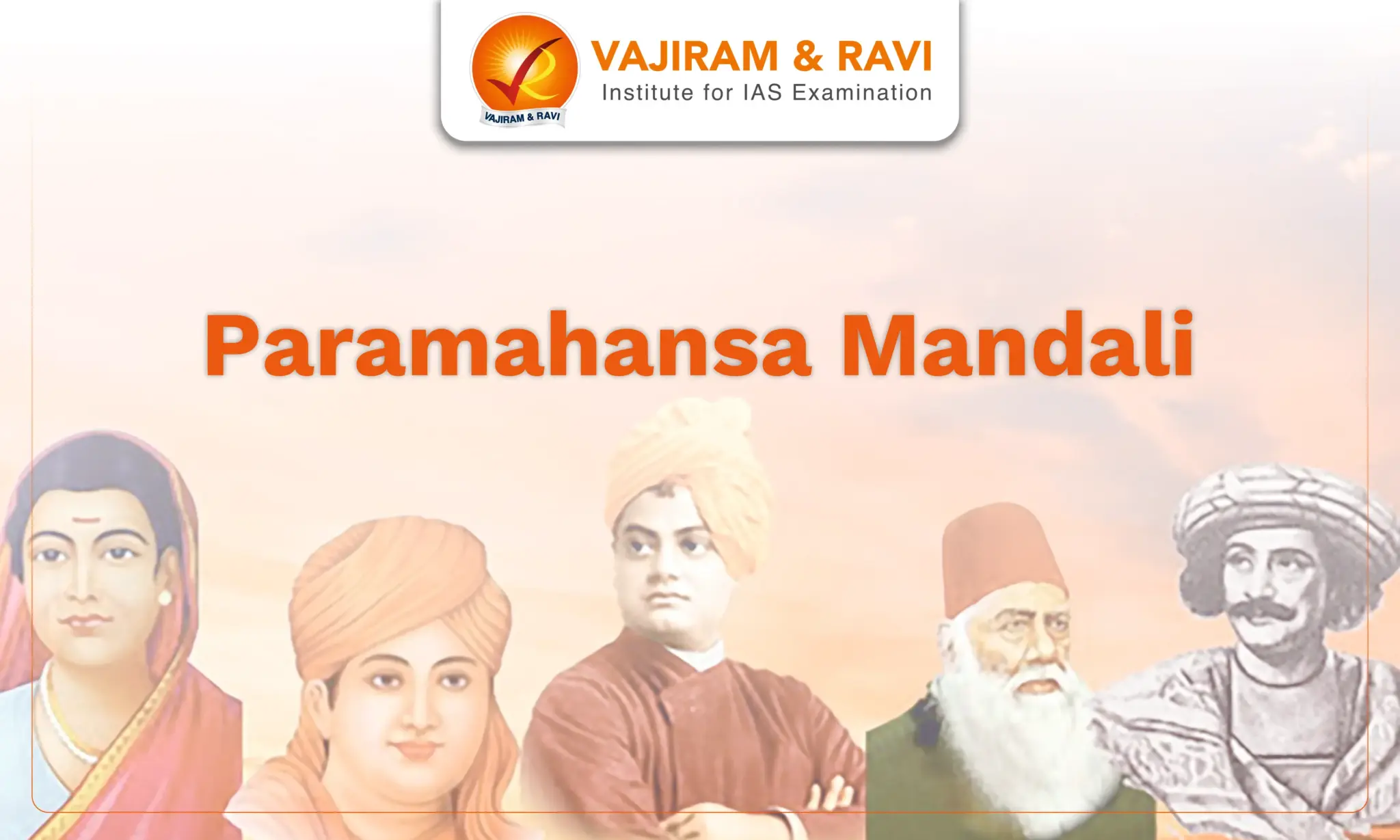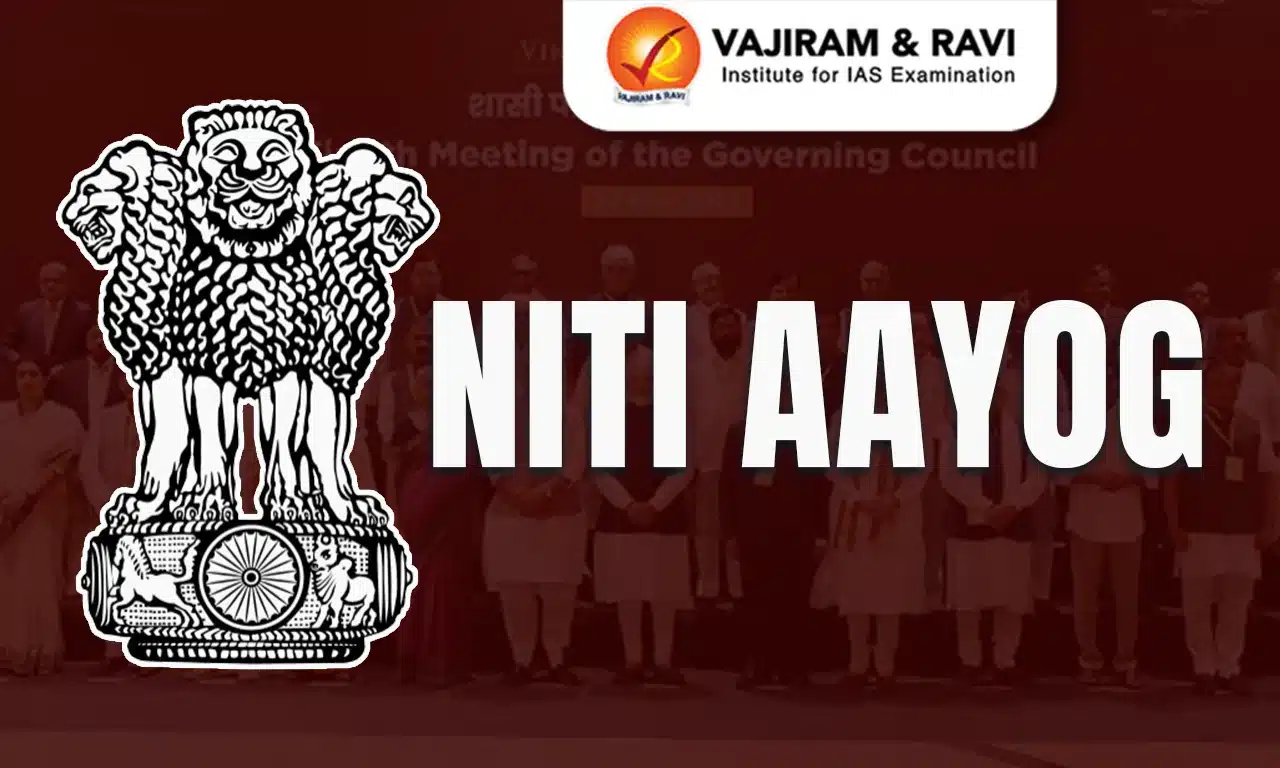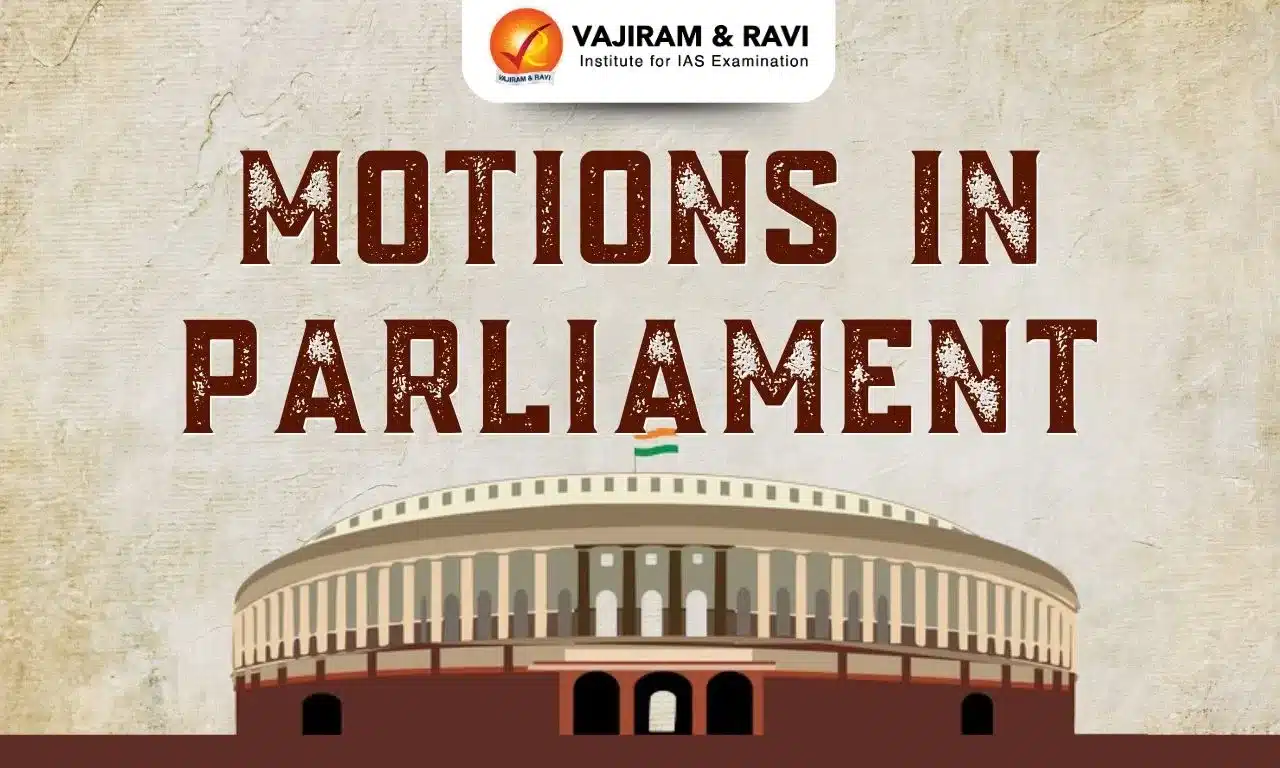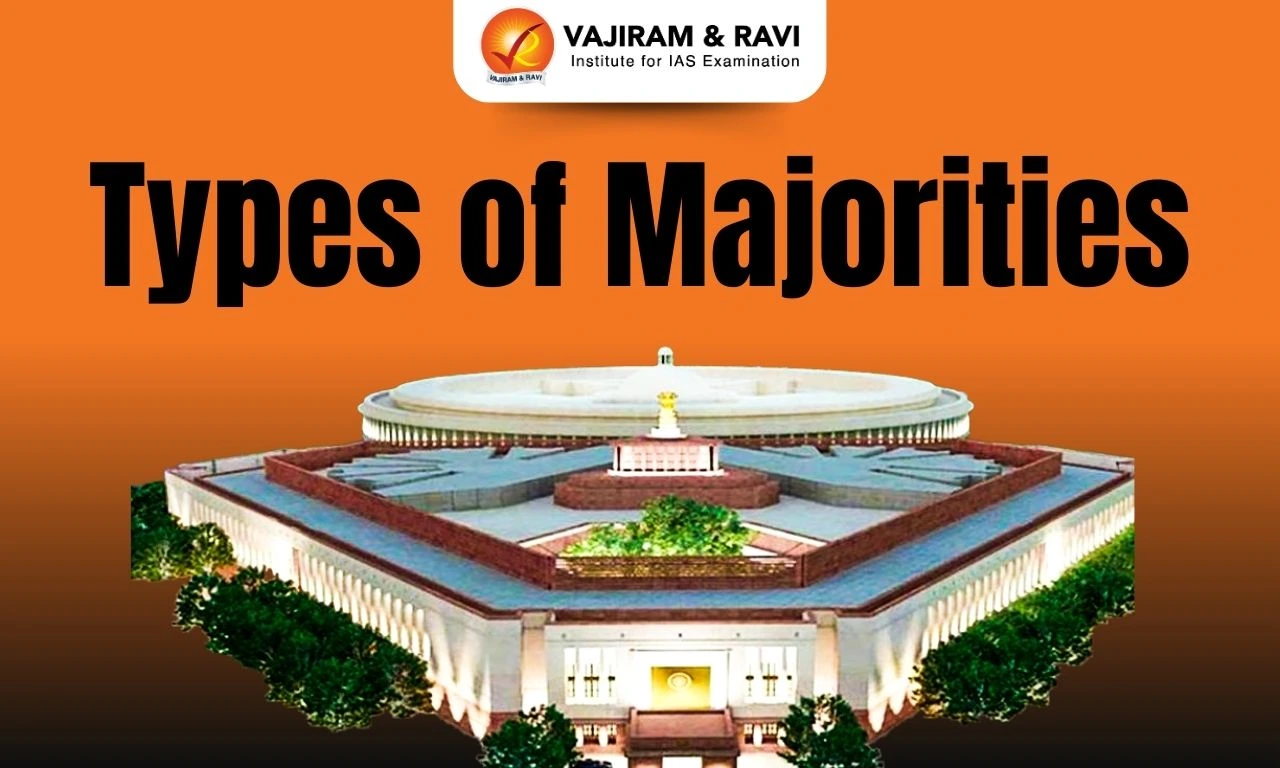The Paramhansa Mandali, a pioneering socio-religious organization, emerged in 19th-century India as a beacon of progressive thought and social change. Founded in Bombay (now Mumbai) in 1849, the Mandali played a pivotal role in challenging the rigid social and religious structures of that time.
Led by visionary thinkers like Dadoba Pandurang and Durgaram Mehtaji, the Mandali sought to redefine Hinduism, emphasizing the principles of equality, rationality, and spiritual enlightenment. It also advocated for women's education, inter-religious harmony, and the eradication of caste discrimination.
Paramahansa Mandali Formation
A group of progressive intellectuals and social reformers led by Durgaram Mehtaji and Dadoba Pandurang established Paramhansa Mandali as a secret society in Bombay in 1849. These individuals were deeply influenced by the earlier reformist group, Manav Dharma Sabha, and sought to continue its legacy of promoting humanistic values. However, the Paramhansa Mandali distinguished itself by its more radical approach and its commitment to social reform.
Paramahansa Mandali Principles and Ideologies
Paramhansa Mandali advocated for a monotheistic belief system, emphasizing the worship of a single, formless God. They rejected the elaborate rituals and idol worship that were common in Hinduism at the time. Instead, they promoted rational thinking and scientific reasoning as the basis for understanding the world and spirituality.
- In "Dharma Vivechan," Dadoba Pandurang outlines the principles of the Paramahansa Mandali, emphasizing that only God should be worshipped, true religion is rooted in love and moral conduct, and everyone deserves equal access to education. He asserts that humanity is one caste, behaviour should be guided by reason, individuals should have freedom of thought, and spirituality should be singular.
Paramahansa Mandali Key Reforms
One of the primary activities of Paramhansa Mandali was to break down caste barriers. They organized inclusive gatherings where people from different castes could come together and share communal meals, a radical practice at the time. These gatherings were aimed at fostering a sense of unity and equality among participants.
- Paramhansa Mandali was also a strong advocate for women’s rights. They promoted women’s education and supported progressive practices such as widow remarriage and opposition to child marriage.
- These efforts were aimed at improving the status of women in society and providing them with greater opportunities for personal and intellectual growth.
Paramahansa Mandali Impacts
The efforts of Paramhansa Mandali laid the groundwork for subsequent reform movements in Maharashtra and beyond. Their emphasis on rationalism and social equality influenced later groups such as Prarthana Samaj and Satyashodhak Samaj. These movements continued the work of challenging orthodox practices and promoting progressive values.
Last updated on March, 2026
→ UPSC Notification 2026 is now out on the official website at upsconline.nic.in.
→ UPSC IFoS Notification 2026 is now out on the official website at upsconline.nic.in.
→ UPSC Calendar 2026 has been released.
→ UPSC Final Result 2025 is expected to be released soon.
→ Check out the latest UPSC Syllabus 2026 here.
→ Join Vajiram & Ravi’s Interview Guidance Programme for expert help to crack your final UPSC stage.
→ UPSC Mains Result 2025 is now out.
→ UPSC Prelims 2026 will be conducted on 24th May, 2026 & UPSC Mains 2026 will be conducted on 21st August 2026.
→ The UPSC Selection Process is of 3 stages-Prelims, Mains and Interview.
→ Prepare effectively with Vajiram & Ravi’s UPSC Prelims Test Series 2026 featuring full-length mock tests, detailed solutions, and performance analysis.
→ Enroll in Vajiram & Ravi’s UPSC Mains Test Series 2026 for structured answer writing practice, expert evaluation, and exam-oriented feedback.
→ Join Vajiram & Ravi’s Best UPSC Mentorship Program for personalized guidance, strategy planning, and one-to-one support from experienced mentors.
→ Check UPSC Marksheet 2024 Here.
→ UPSC Toppers List 2024 is released now. Shakti Dubey is UPSC AIR 1 2024 Topper.
→ Also check Best UPSC Coaching in India
Paramahansa Mandali FAQs
Q1. In which year was the Paramhansa Sabha established in Mumbai?+
Q2. Who is the founder of Paramhans Mandali?+
Q3. Who wrote Dharma Vivechan?+
Q4. What was the aim of Paramahansa Mandali?+
Q5. Where was the Paramhans Mandali established to work for the abolition of caste in 1849?+
Tags: paramahansa mandali quest














